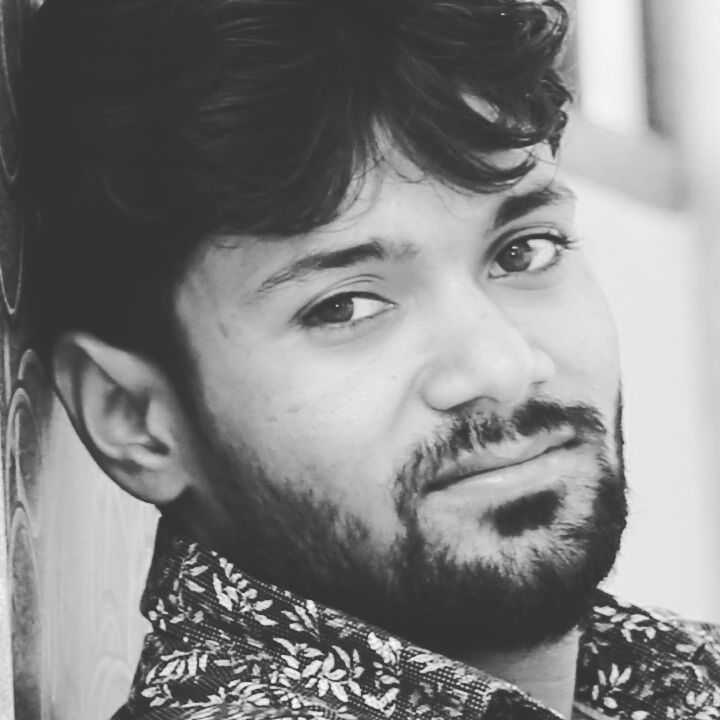Page 1 :
SHOCK THERAPY IN POST-COMMUNIST REGIMES, 30, , The collapse of communism was followed in most of these countries by a painful process of, transition from an authoritarian socialist system to a democratic capitalist system., The model of transition in Russia, Central Asia and east Europe that was influenced by the World, Bank and the IMF came to be known as ‘shock therapy., , 1. Shock therapy varied in intensity and speed amongst the former second world, countries,, but its direction and features were quite similar., 2. Each of these countries was required to make a total shift to a capitalist economy., economy, 3. Which meant rooting out completely any structures evolved during the Soviet period., 4. Above all, it meant that private ownership was to be the dominant pattern of, ownership of property., 5. Privatisation of state assets and were to be immediately brought in., 6. Collective farms were to be replaced by private farming and capitalism in, agriculture., This transition ruled out any alternate or ‘third way’, other than state-controlled, controlled socialism or capitalism.
Page 2 :
Shock therapy also involved a drastic change in the external orientation of these economies., 31, , Development was now envisaged through more trade, trade, and thus a sudden and complete switch, to free trade was considered essential., The free trade regime and foreign ddirect investment(FDI), (FDI) were to be the main engines of, change., This also involved openness to foreign investment, financial opening up or deregulation, and, currency convertibility., ., , The transition also involved a break up of the existing trade alliances among the countries of the Soviet bloc., Each state from this bloc was now linked directly to the West and not to each other in the region., These states were thus to be gradually absorbed into the Western economic system., The Western capitalist states now became the leaders and thus guided and controled the development of the, region through various agencies and organisations., , Shock Therapy in post- communist regime., An authoritarian (USSR) ; Socialist, Democracy, , ;, , Capitalist, , Russia, Central Asia, East Europe, 1., 2., 3., , Shock Therapy, Painful, process, Economic moda, dal, , Speed – difference some way. Shock therepy., USSR- structure end --- Moving on capitalism., Privatisation of state assets., , World, bank &, IMF, , 1. Collective farming chane-----------c, capitalism in agriculture., agriculture, 2. ownership of property., 3. Trade---------Develppoment., 4. Free trade, 5. Openness, penness to foreign investment., investment, 6. Currency convertibility.
Page 3 :
CONSEQUENCES OF SHOCK THERAPY, , 32
































